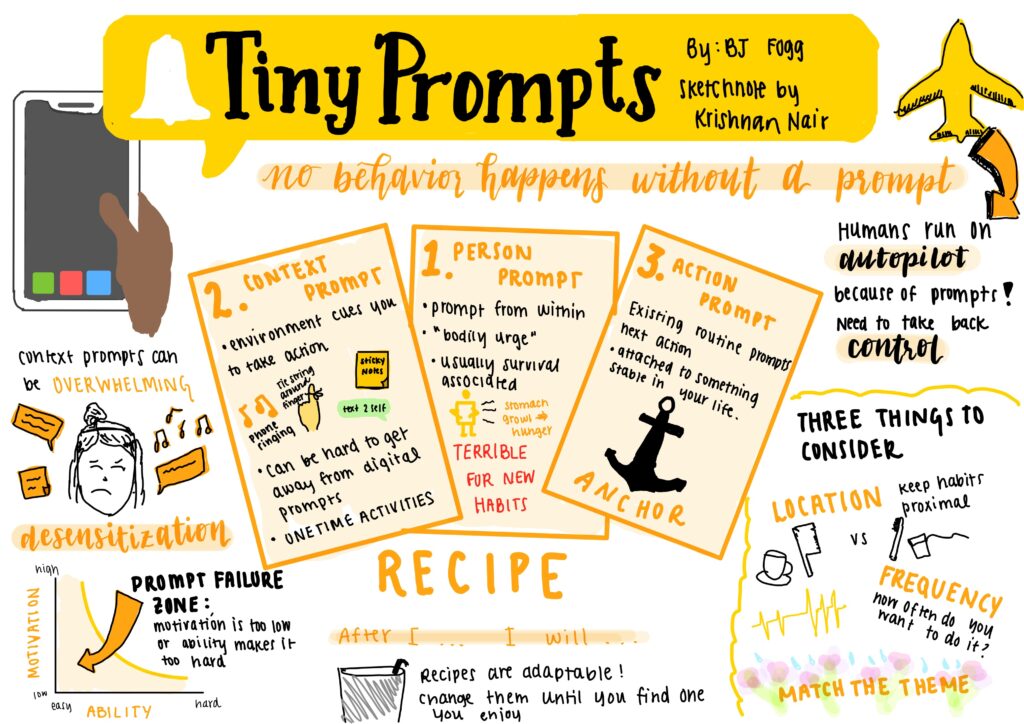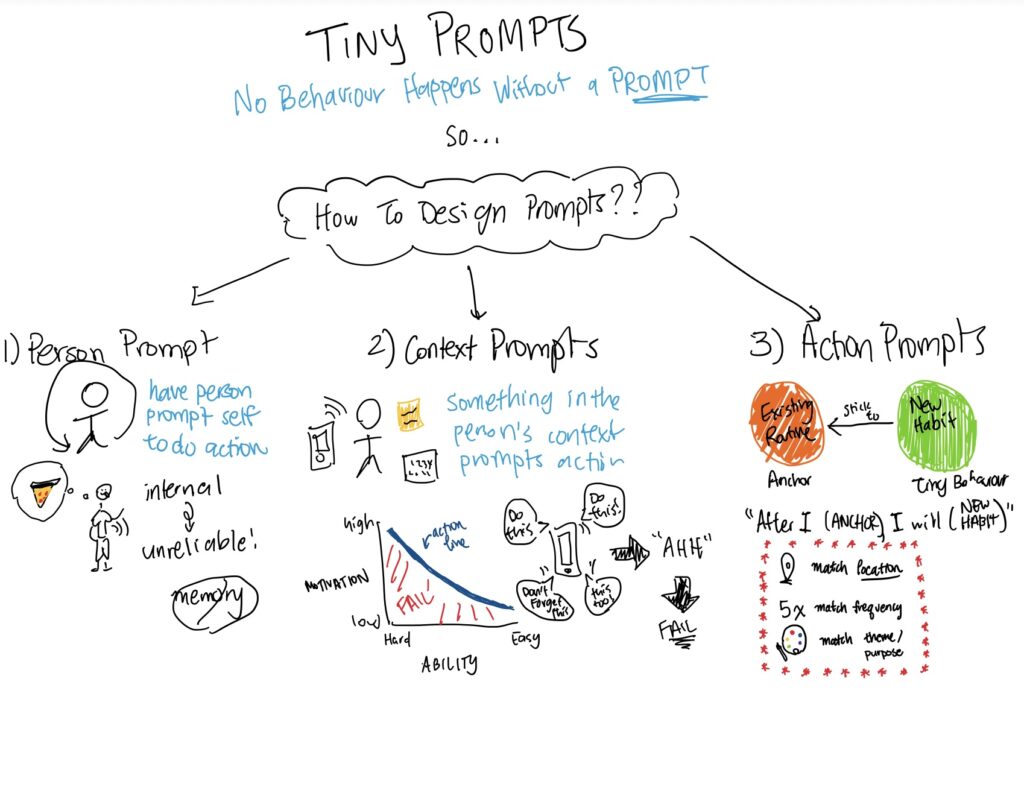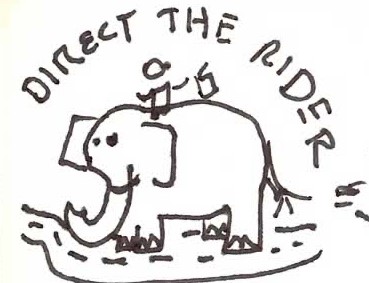Intervention Study
Time
We ran our intervention from February 3rd to February 7th.
Participants
We had 6 people complete the intervention study for the full 5 days. We recruited these participants to fit as closely as possible with our main personas (Frankie the Freshman and Post Pandemic Penelope, with a hint of Routine Rut Rachel). Of our 6 intervention participants, 2 also participated in the baseline study, which should help with the comparison analysis.
Design of the study Premises
- People are stuck in routine, falling short in their social interactions and staying in shallow conversations
- Starting social interactions with a powerful prompt (like a deep question) can motivate people to get out of their comfort zone and create a more meaningful conversation
- By encouraging people to ask one meaningful question a day to people they interact with, we can help them form a habit of being reflective and intentional about their social interactions, hopefully helping them form better relationships
Data Collection Method
We contacted participants every morning (via their requested method of communication) and presented them with the “question of the day” for that day. We allowed people to select from a shallow (but interesting) question or a deeper (more meaningful) question. Their job was to ask their selected question(s) to as many people as they wanted (at least one per day) and then log a reflection of their experience and whether or not they learned anything new about their conversation partner. Each participant had an individual Google Sheets where they were meant to add their reflections.

Design Limitations
There are several limitations with our current design. Firstly, we would like the question to be an experience people can share with their friends. For example, if everyone has the same question, then starting conversations with a prompt would not be as forced, reducing friction and activation energy. Secondly, asynchronous logging of responses forces participants to either think hard about how conversations went when they asked a question or be thinking about the logs as they talk to people, which could upset the natural conversation/memory flow. Next, our “once a day” reminder policy is probably not sufficient to get people to adopt and remember to ask a question to many people throughout the day (participants mentioned how it got easier as the days went on since friends would seek out their question by asking “hey -blank- what is your question today?”). Finally, because the intervention was not interactive, we could not provide positive reinforcement for positive interactions with the product, which ideally we would want for the real solution.
Key Findings and Results
- Interesting questions led to deeper conversations often times led to conversations unrelated to the questions but with the right mindset
- Ambiguously worded questions led to confusion and less reflection
- People’s comfort with their conversation partner helped contribute to opening up to one another
- Some questions led to more self reflection while others led to more interpersonal reflection, discussion and conversation.
- Different opinions sometimes led to debates and questions invoking existing debates (e.g. hotdog sandwich?) led to successful conversations
- As days went by, it was easier to remember asking the question (friends would prompt the participants for the question)
- Many participants did not fill out the journal at all
Visualized models

Ideas for designing final solution
- We should incorporate nudges in our final solution to help remind users to look at or ask the daily question
- Questions should be self-explanatory and without need for clarification, which is not to say they should not be open to interpretation
- We need to remove as much of the friction as possible to the logging feature. This was one of the biggest pain points for participants. Alternatively, we could rethink the role of logging in our solution.
- It would be game changing to include some form of short term reward to encourage users to take on the habit before seeing the long term benefits. Potentially, we could add some social validation from friends/other users.
- Limiting the experience to one question a day is a good idea. One question is a conversation starter, multiple questions becomes a rapid fire Q&A session (undesirable)



